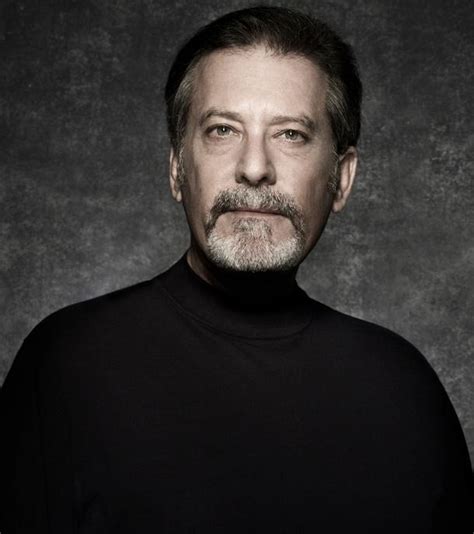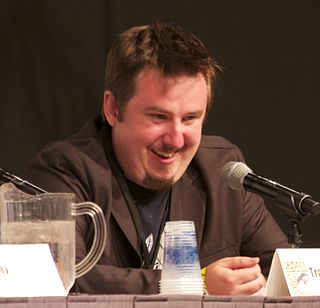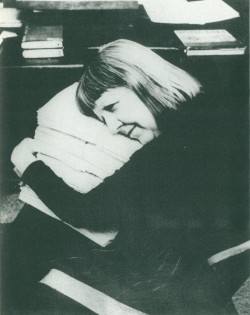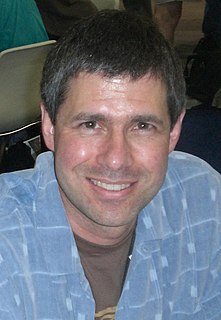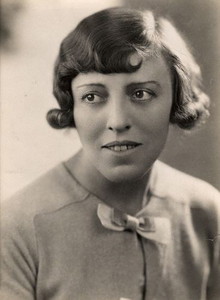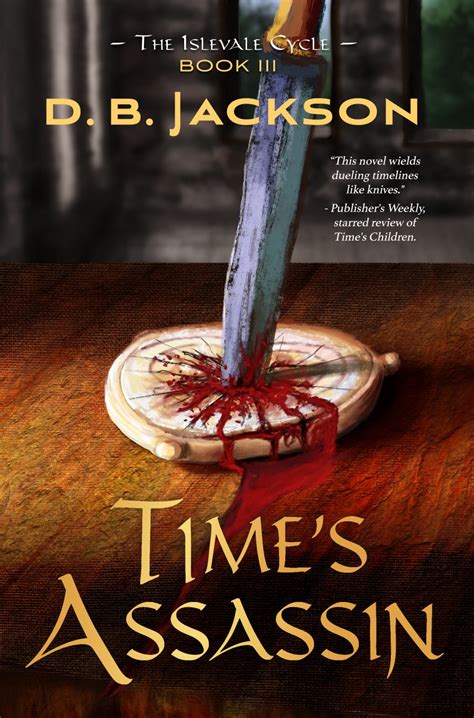Top 1200 Writing A Book Quotes & Sayings - Page 4
Explore popular Writing A Book quotes.
Last updated on April 20, 2025.
I wrote a book called 'Doll Bones', which was another middle-grade book, and when I was writing it, I needed a place in the U.S. that made bone china. And there are only two places in the U.S. that make bone china. They made it by grinding down actual cow bones. It was a plot point. It was a creepy doll book.
The second book, which was probably more from a professional standpoint - when I read Junot Díaz's Drown, I was like, Oh my god, you can write these stories and people will actually read them beyond your own little community. This guy's book is blowing up and it seems like [he's writing about] the neighborhood that I grew up in. That was a big deal. I read that in graduate school, so that's when I was really taking writing seriously, but I didn't know you could do it. I didn't know you can actually be an author. It was a weird epiphany.
Writing a film - more precisely, adapting a book into a film - is basically a relentless series of compromises. The skill, the "art," is to make those compromises both artistically valid and essentially your own. . . . It has been said before but is worth reiterating: writing a novel is like swimming in the sea; writing a film is like swimming in the bath.
Writing my first book, I think in hindsight I went into it saying, 'It's gonna sell.' I was earning enough to scrape by sometime around a book or two before 'Tell No One.' I moved up from $50,000 to $75,000, then $150,000 for each book. I had never thought I would be doing anything else. I had enough encouragement.
I'm still happy with the way Einstein's Dreams came out. That book came out of a single inspiration. I really felt like I was not creating the words, that I was hearing the words. That someone else was speaking the words to me and I was just writing them down. It was a very strange experience. That can happen with a short book. I don't think it could happen with a long book.
You will want a book which contains not man's thoughts, but God's - not a book that may amuse you, but a book that can save you - not even a book that can instruct you, but a book on which you can venture an eternity - not only a book which can give relief to your spirit, but redemption to your soul - a book which contains salvation, and conveys it to you, one which shall at once be the Saviour's book and the sinner's.
Write what you want to read. So many people think they need to write a particular kind of book, or imitate a successful style, in order to be published. I've known people who felt they had to model their book on existing blockbusters, or write in a genre that's supposed to be "hot right now" in order to get agents and publishers interested. But if you're writing in a genre you don't like, or modeling yourself on a book you don't respect, it'll show through. You're your first, most important reader, so write the book that reader really wants to read.
I am very bad at remembering the books I've read and so recently I had a wonderful experience. I decided I wanted to teach Toni Morrison's The Bluest Eye. I hadn't read it in twenty-five years. I was surprised to find how much I drew from that book. Stole from that book, learned from that book about writing. I had forgotten and there it was. Morrison has called that text faulted. I cannot see how.
THE WRITER can get free of his writing only by using it, that is, by reading oneself. As if the aim of writing were to use what is already written as a launching pad for reading the writing to come. Moreover, what he has written is read in the process, hence constantly modified by his reading. The book is an unbearable totality. I write against a background of facets.
Don't be afraid to fail. I fail every day. I failed thousands of times writing The Book Thief, and that book now means everything to me. I had many doubts and fears about that book, but some of what I feel are the best ideas in it came to me when I was working away for apparently no result.
Failure has been my best friend as a writer. It tests you, to see if you have what it takes to see it through.



